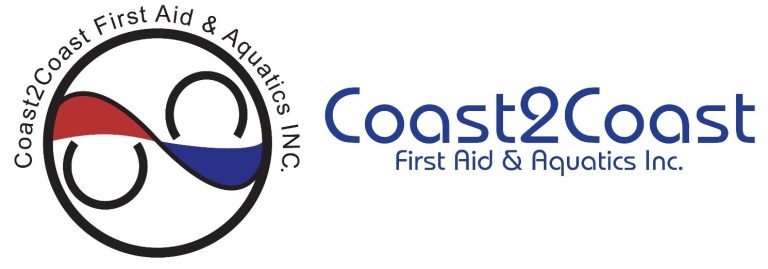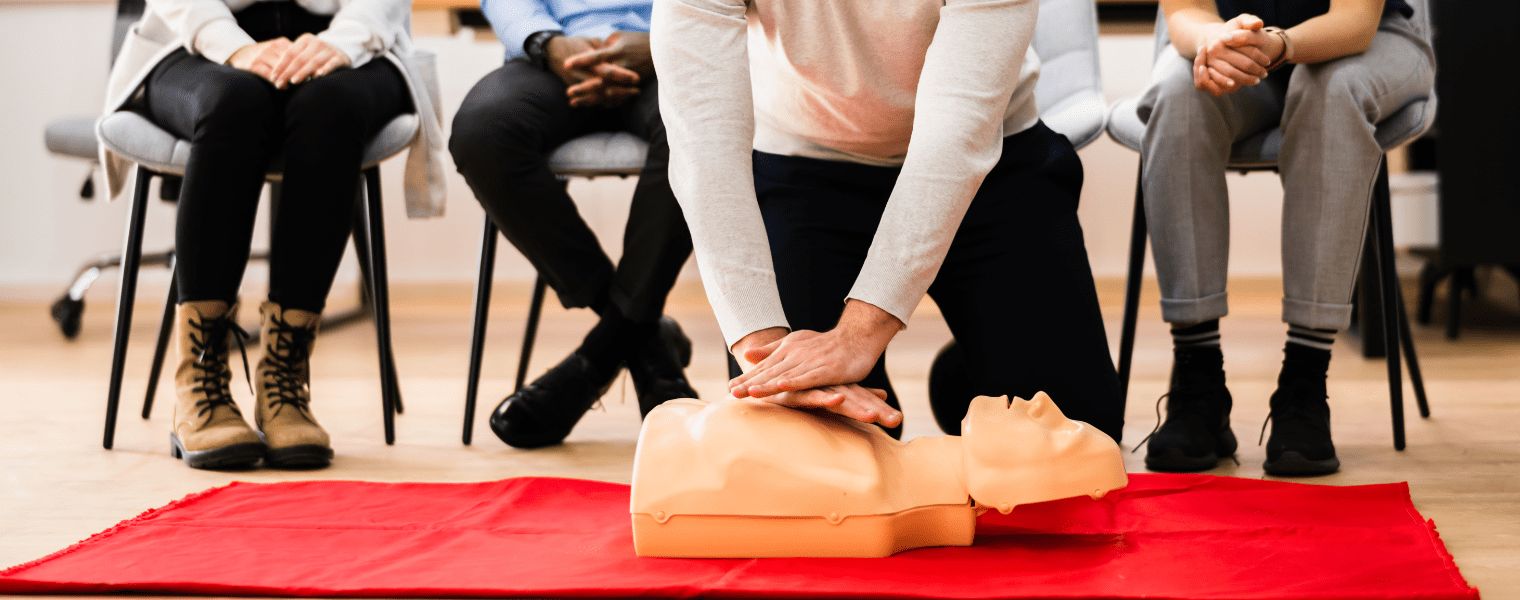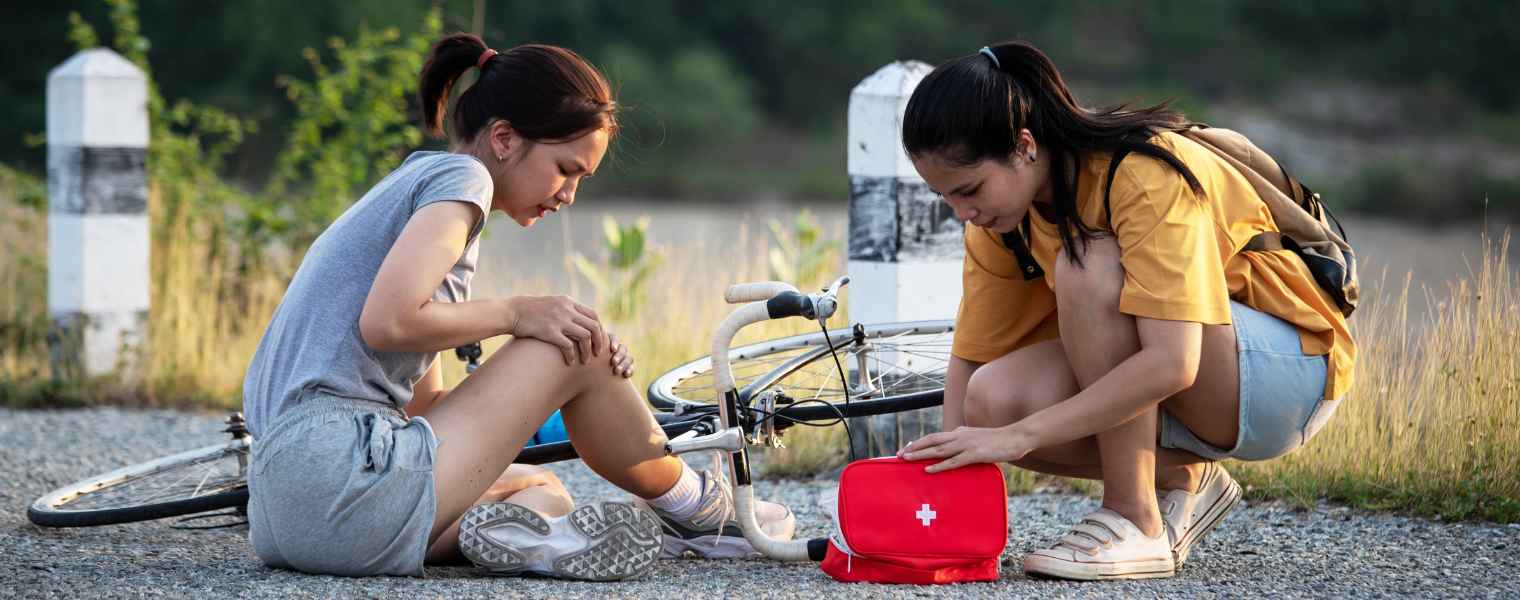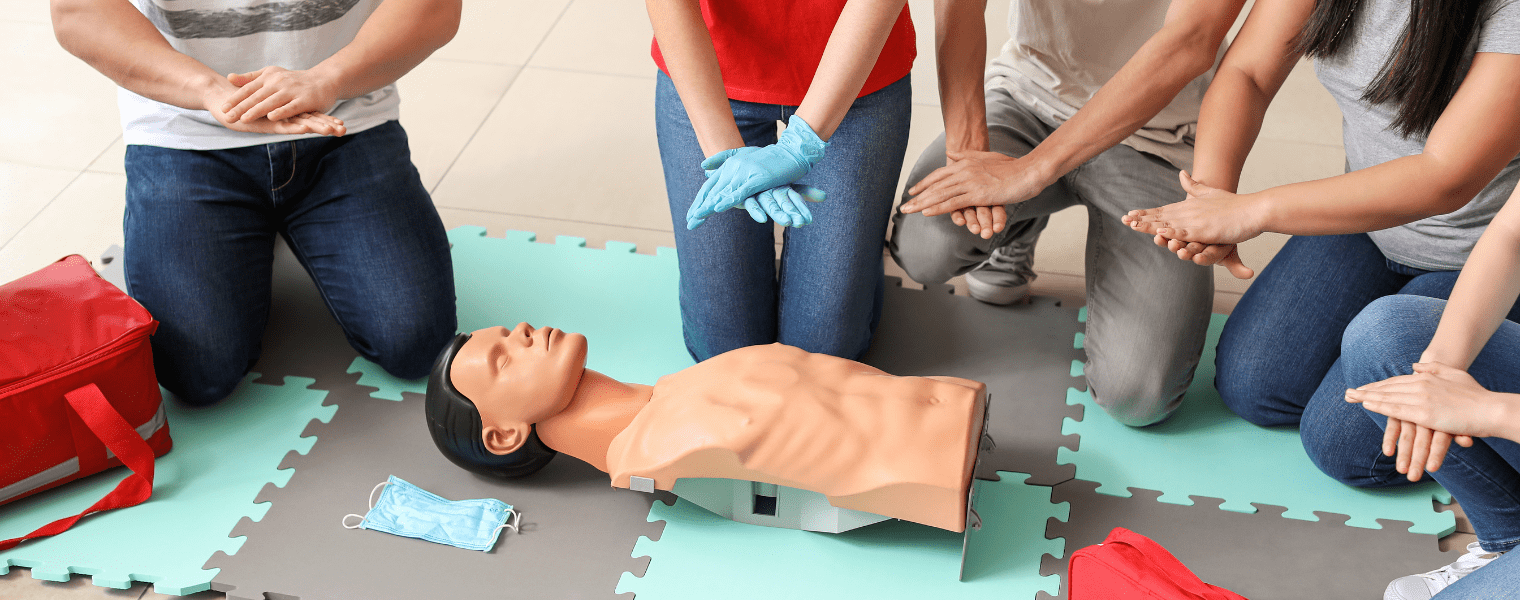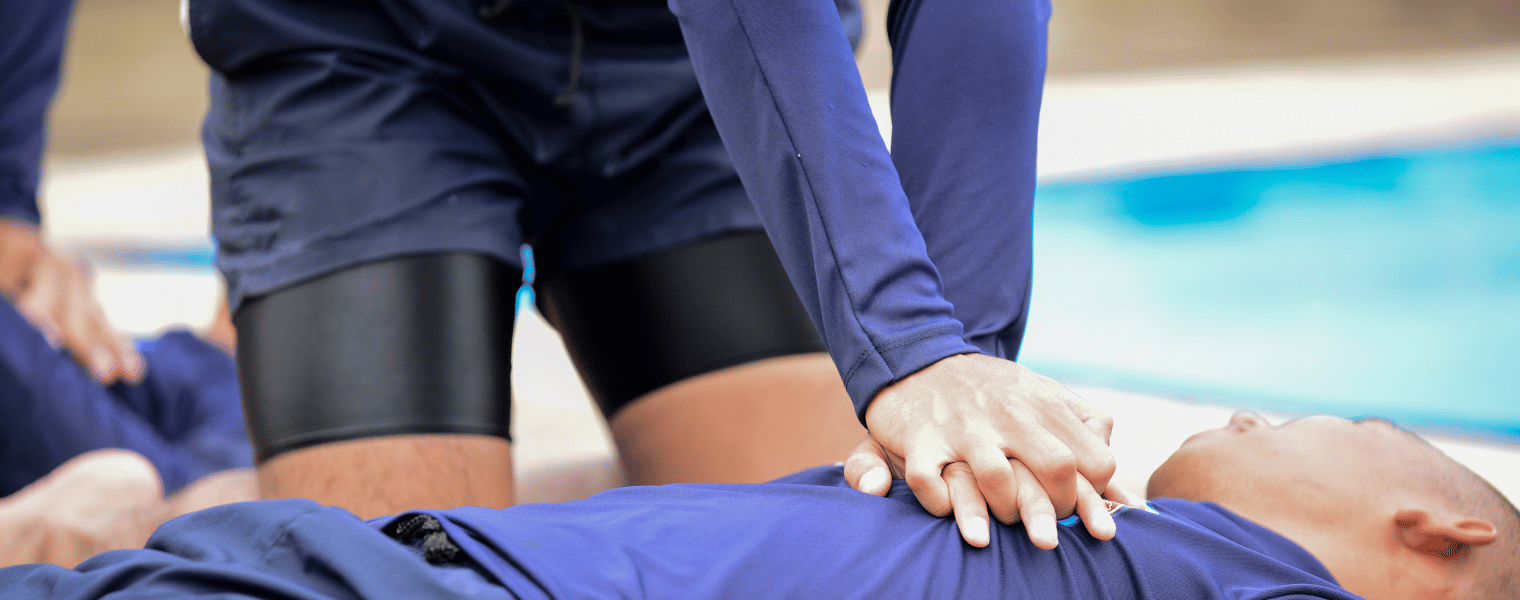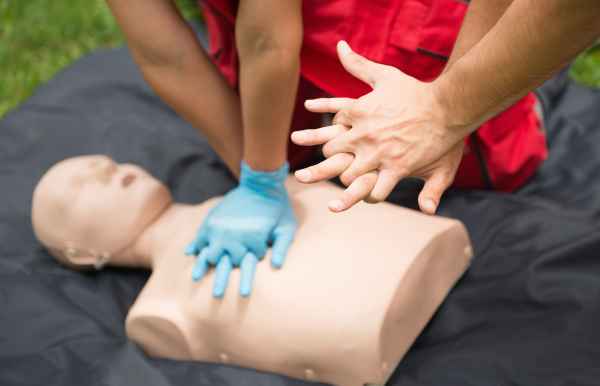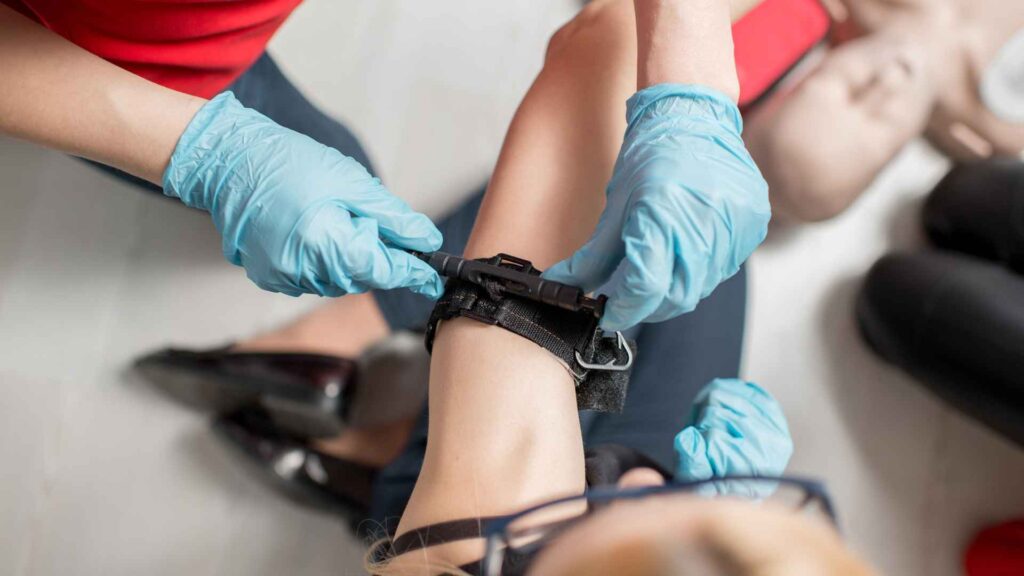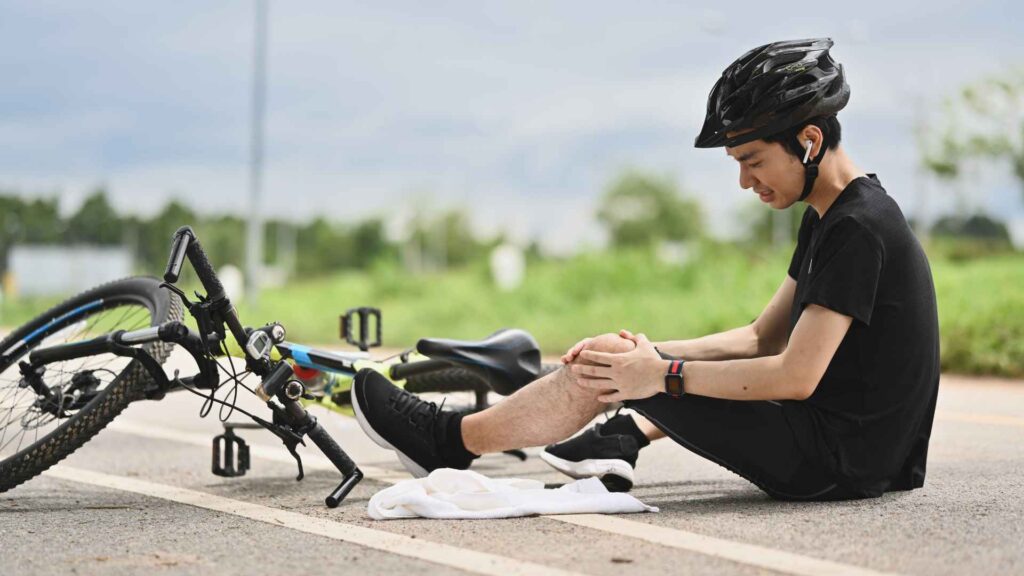Fear often prevents people, even those with First Aid training, from helping others in an accident or medical emergency. Sometimes people don’t have the confidence to help, something which First Aid training can rectify. However, more often than not, people with the correct knowledge and First Aid certification fear legal action and fear that they may face legal consequences if they try to help someone with a First Aid need.
Canada’s Good Samaritan Act
Luckily, Canada applies the Good Samaritan Act. Even though it has minor variances from one province to another, the essence of the Act remains the same, with Quebec having the most significance. The difference between Quebec and the other provinces is that bystanders must help others in peril according to the Civil Law they practice there. If someone neglects to help, they can be held liable.
It is very rare for anyone to face legal issues in Canada after helping someone in need. However, First Aiders must remember three significant points about meeting the statute to avoid a lawsuit. These are:
- Always act with good intentions.
- Provide the best assistance you can under the conditions, and always keep your training level in mind.
- Never ask for financial compensation for your efforts.
The Good Samaritan laws offer legal protection to people who reasonably assist a sick or injured person. The rule also applies to someone who assists a person if they believe they may be ill, injured, or in danger.
The law intends to provide protection and reduce people’s hesitation to assist others, particularly from lawsuits or prosecution for causing an unintentional injury or even wrongful death.
There has never been a case of somebody facing a lawsuit in Canada who met the three points mentioned above.
Learn More About Legal Issues
All of our First Aid and CPR training courses go over the legality of helping others during an emergency. Contact us today and register for a safety training course!
Must You Help Others?
No, as a bystander, you don’t have to help others requiring medical assistance when they suffer an illness or accident in most provinces, only in Quebec. However, you cannot stop and abandon the person if you start offering first aid.
However, if your actions caused the injury or placed the person in a cause of the injury or dangerous situation, then you must act to the fullest of your trained ability. If you don’t, the law could consider your actions criminally negligent.
The “Duty to Rescue” law involves offering others aid and holds those who fail to do so liable in Quebec. You have to at least call 911. Again, the person who caused the injury or hazardous situation must act to the fullest of their training.
Obtaining Consent
Another legal requirement is to get consent before assisting someone. Of course, if the person is unconscious, permission to assist them by providing First-Aid is implied.
If a conscious person does not respond with a “no” within a reasonable time frame after asking if you can assist them, then the law considers it conscious implied consent.
If they refuse care, you must call 911 and remain nearby if it is safe.
First Aid training teaches you how to introduce yourself, inform the person that you are a trained First Aider, and ask if they want you to help. From the moment they give you their agreed consent, you have ongoing consent to make the necessary contact and apply the treatment required to assist them.
Provide care to a young child without a caregiver without consent; otherwise, get the caregiver’s consent.
Calling 911
You don’t need consent to call 911 for an ambulance and paramedics to arrive.
Can Paramedics Transport Without Consent?
When an ambulance arrives and the person is conscious, the paramedics cannot transport the person without their consent. If they do, a court of law will consider their actions kidnapping. Additionally, paramedics can call for police assistance if they feel the person is a threat to himself or others.
What About Using an AED?
If you need to use an Automated External Defibrillator (AED), regardless of the outcome, you do not need to fear legal prosecution.
Reporting Child Abuse and Neglect in Canada
Adults in Canada have a legal duty to report child abuse or neglect, even if not confirmed. You can find details about how to report these cases in the child protection act of your province. If you think a child is abused, harmed, or neglected, report the incident to child protection services, police, or both.
Final Take
Don’t let the fear of being sued prevent you from helping an injured or ill person. Additionally, don’t let it stop you from getting First Aid training. The Good Samaritan Law protects you when you want to offer assistance since it is the right thing to do.
Every province in Canada encourages you to help, even though the Act may change slightly from one jurisdiction to another. Whether you are a citizen, first aider, or medical professional, the Good Samaritan Law protects you from liability if you have acted in good faith and prudently according to your training.
Get your First Aid training at Coat2Coast today so that you can offer timely assistance and help save lives wherever and whenever needed. Our Canadian Red Cross and WSIB-approved courses prepare you to handle any victim from a medical or another emergency with confidence and skills.
You also learn how to approach a person and obtain permission before assisting them. Your training prepares you to effectively scan and secure the scene, call 911, and provide the best possible assistance. No matter the outcome, if you have provided reasonable care, you never need to fear legal issues.
